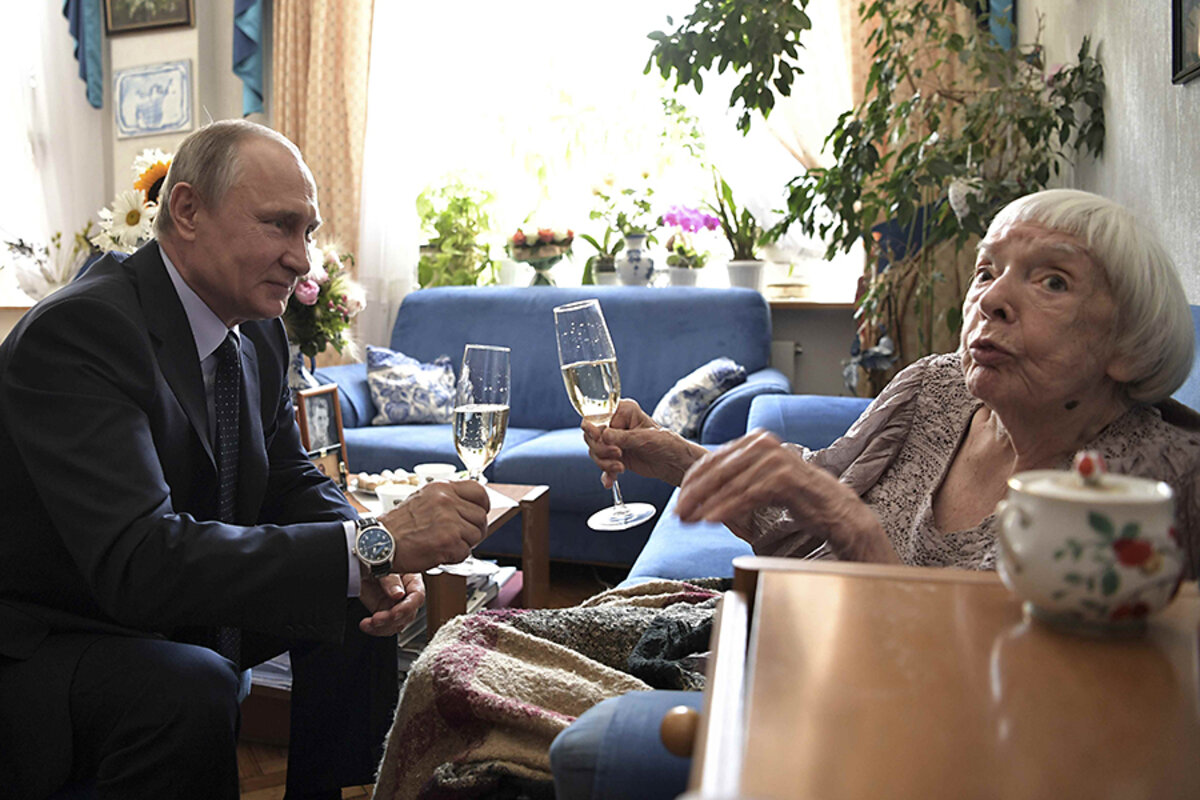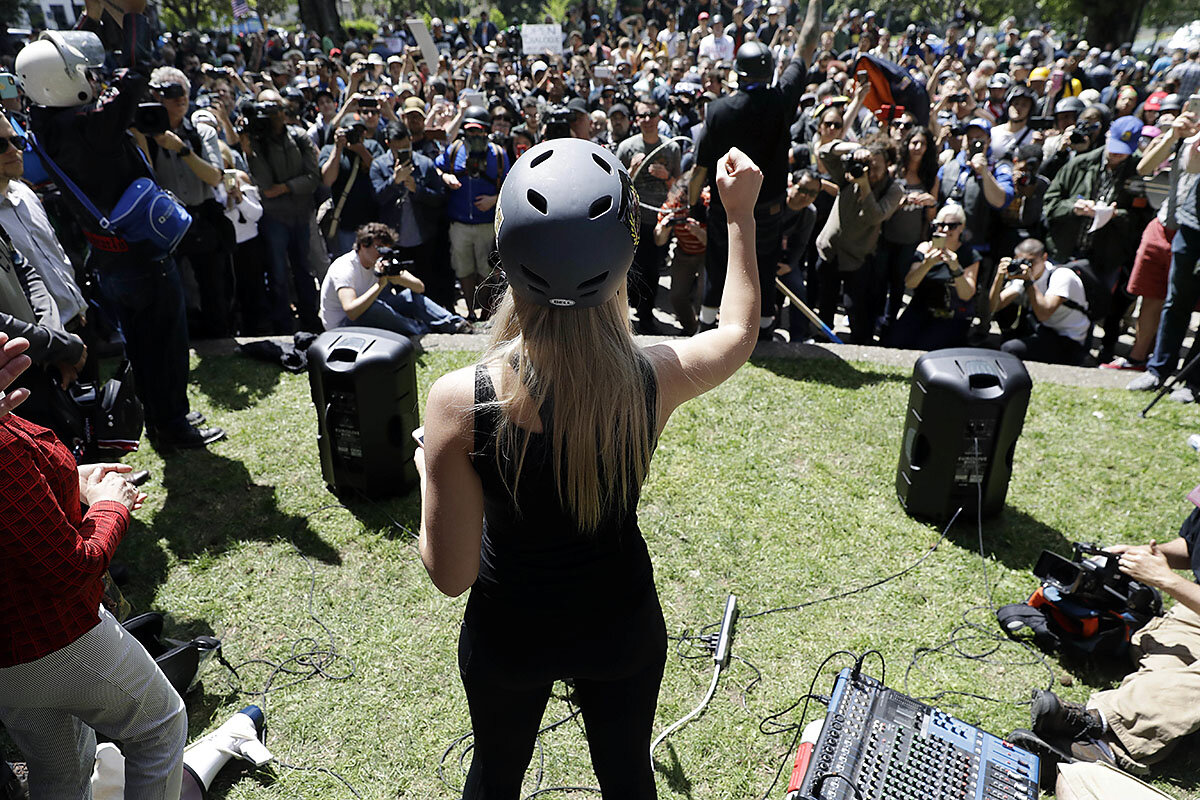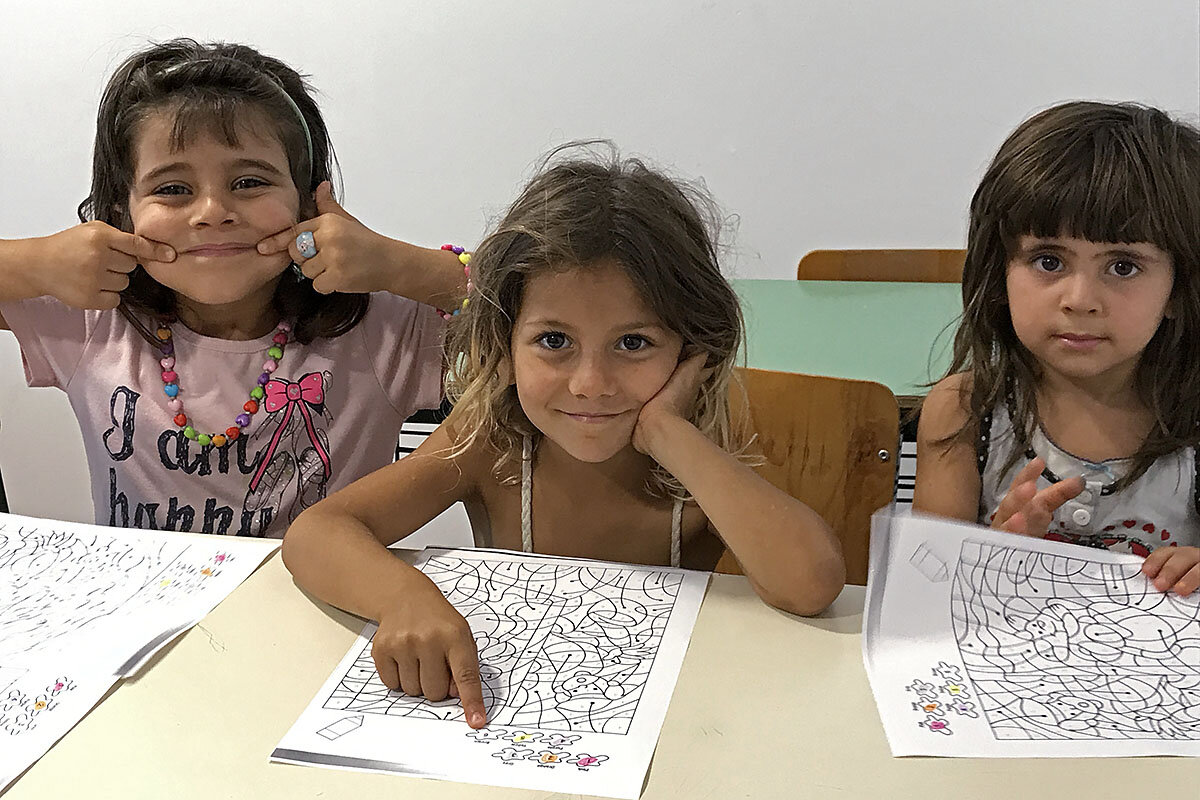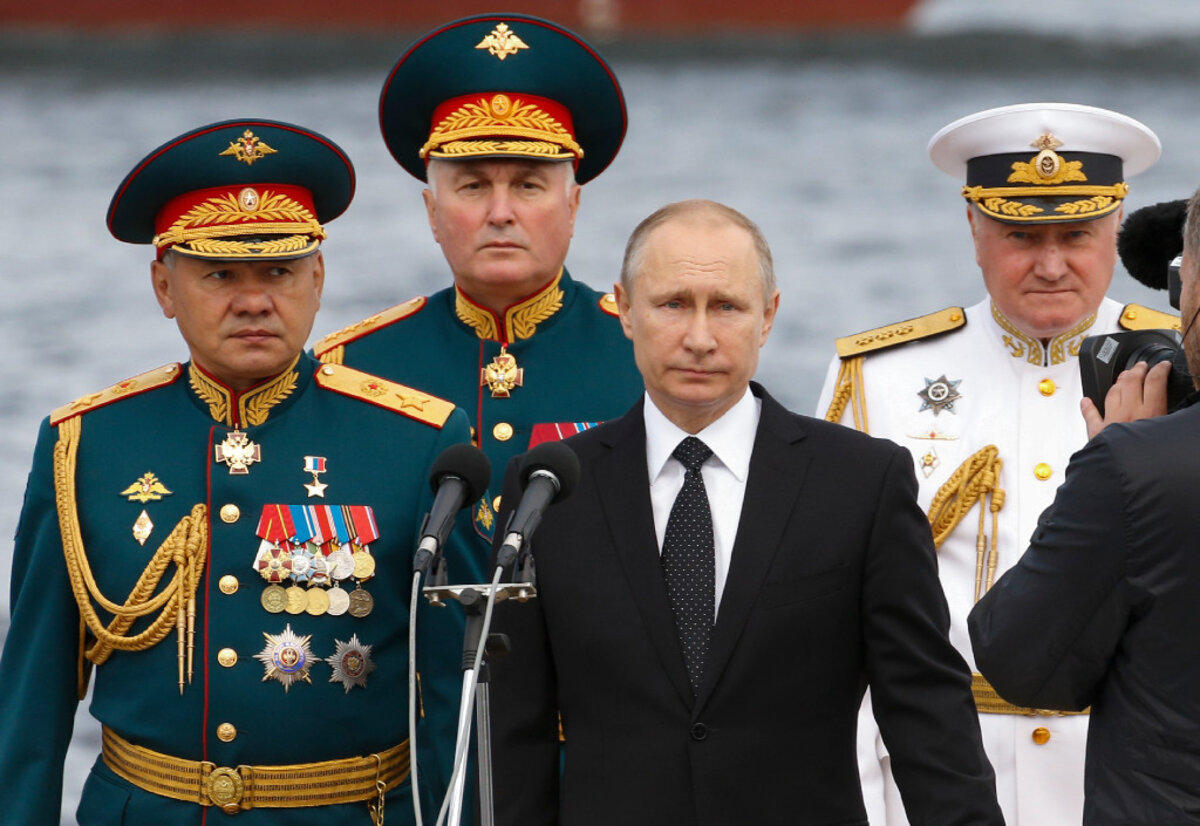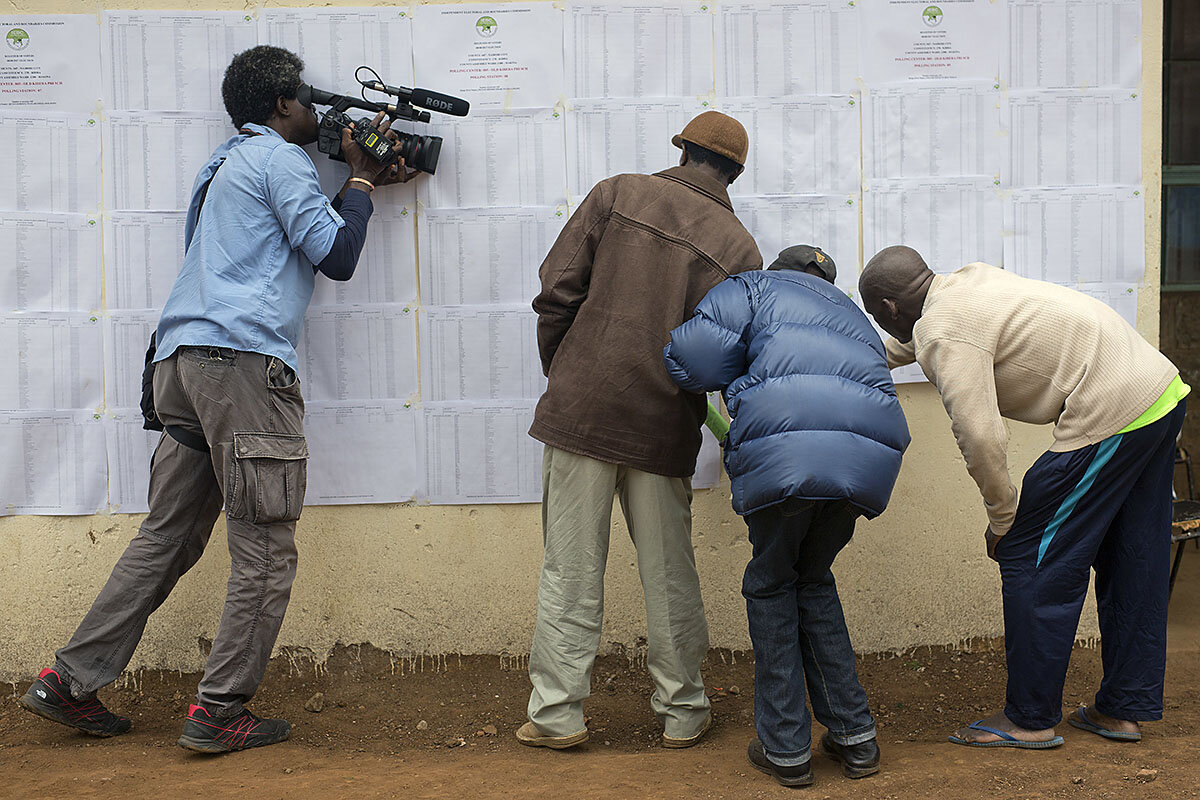In a White House that demands unswerving loyalty, what's a vice president with his eye on the future to do? In Mike Pence's case, it has meant rewriting the rules on how to be both humble and ambitious as the nation's second in command.
Monitor Daily Podcast
- Follow us:
- Apple Podcasts
- Spotify
- RSS Feed
- Download
 Mark Sappenfield
Mark Sappenfield
This weekend challenged some deeply ingrained perceptions in interesting ways. When the United Nations Security Council voted to impose harsh sanctions on North Korea for its recent nuclear activity, it presented a more nuanced picture of both China and the Trump administration.
China is often cast as a foot-dragger at the UN, vetoing measures backed by the West and sheltering its ally, North Korea, from consequences for its actions. But China didn’t stand in the way this weekend. The Chinese foreign minister went so far as to endorse the goal of blocking North Korea’s “nuclear development process.”
The Trump administration, meanwhile, is often seen as a drop-the-mother-of-all-bombs-first-and-ask-questions-later operation. But it clearly helped engineer a powerful diplomatic response to an urgent, delicate situation. “America First,” in this case, meant building meaningful cooperation.
More broadly, the sanctions are a sign of a positive development that might be too easily overlooked. Yes, the world still disagrees on everything imaginable. But the response to North Korea’s wanton recklessness shows some shared sense of how far is too far for acceptable conduct.
Here are our five stories for today.





